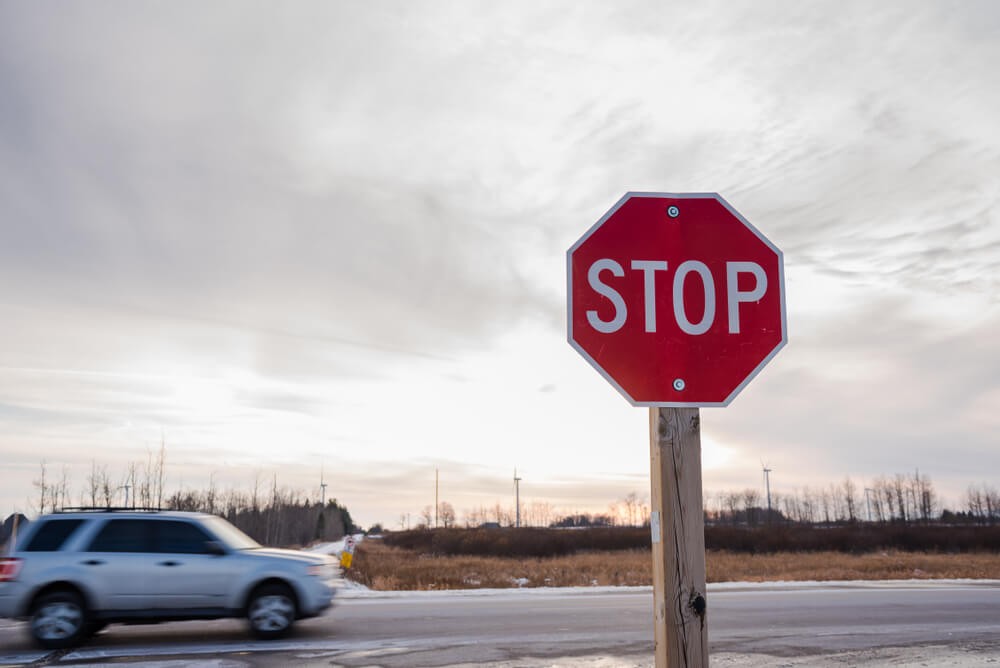Recently, multiple teen fatalities have been caused by drivers running stop signs through major highways. Rumors in some communities suggest that running the signs may be intentional and drivers may be participating in a dare or challenge encouraged by peers. Regardless of the reason, hundreds of thousands of car accidents occur each year when drivers run stop signs and many of them result in tragic deaths of drivers, passengers, or pedestrians.
Why Don’t Drivers Stop At Stop Signs?
Most reasons can be chalked up to impatience or inattention, but here are some common reasons drivers have cited for ignoring or rolling through stop signs.
“No One Was There!”
Many drivers, especially teens, will approach and pass stop signs late at night because there are fewer drivers on the road. Just because there are not normally people on the roads does not mean you should make decisions like you are the lone late-night driver.
“I Was Distracted!”
Distractions can come from all angles – cell phones, radios, passengers, external factors, exhaustion and more can take your mind or eyes off of the road. Sometimes, especially at night or while driving unfamiliar routes, drivers completely miss stop signs or other road signs.
“I Was In A Hurry!”
Impatience can often play a part in risky driving practices; the temptation to shave a few minutes of time off your commute by speeding, rolling through stop signs or just plain ignoring traffic laws is strong and can be deadly.
“I Slowed Down!”
Simply slowing down at a stop sign is not sufficient. In many cases, stop signs are placed at intersections where visibility may be impaired (either by the road you are on or by cars approaching on other roads), so it is vital to come to a complete stop so you and other drivers have time to react.
What Could Happen If You Run Stop Signs
- You could strike another car who has right-of-way. If you do not come to a complete stop, you risk striking another vehicle which may be rightfully entering the intersection before you.
- Another car could strike you. Depending on the direction of the oncoming vehicle, this could put you, your passengers or people in the other vehicle in great danger.
- You could hit a pedestrian or biker. This is especially dangerous at night or in areas of low visibility, where stop signs are especially vital. Make sure to drive in a safe and predictable manner to help pedestrians and bikers cross intersections safely.
- You could be ticketed for failure to stop. This is often a violation that will result in points on your license. If you have received a stop sign ticket, you may be eligible to take traffic school to remove the accumulated points or to dismiss your ticket.
What You Should Do At A Stop Sign
Stop: Come to a complete stop at a stop sign or stopped intersection, at the painted line, before the crosswalk or just before the stop sign.
Think: Count to at least three after stopping to ensure you have taken the time to scan for any oncoming vehicles and that they have had the time to see you.
Observe: Keep a close eye on approaching vehicles from all directions (including the street directly across from you).
Proceed: When it is safe, move forward through the intersection. Remain aware of all approaching vehicles so you can react as necessary.


